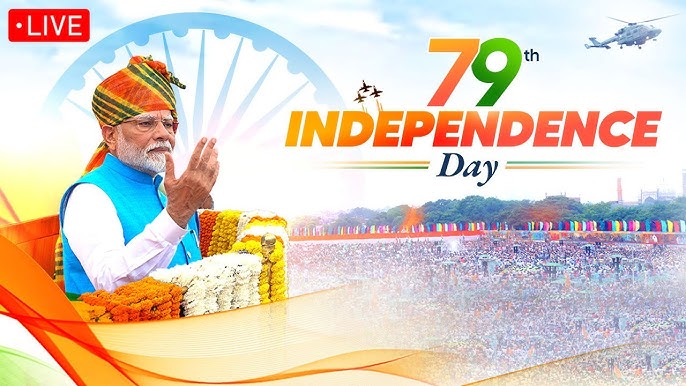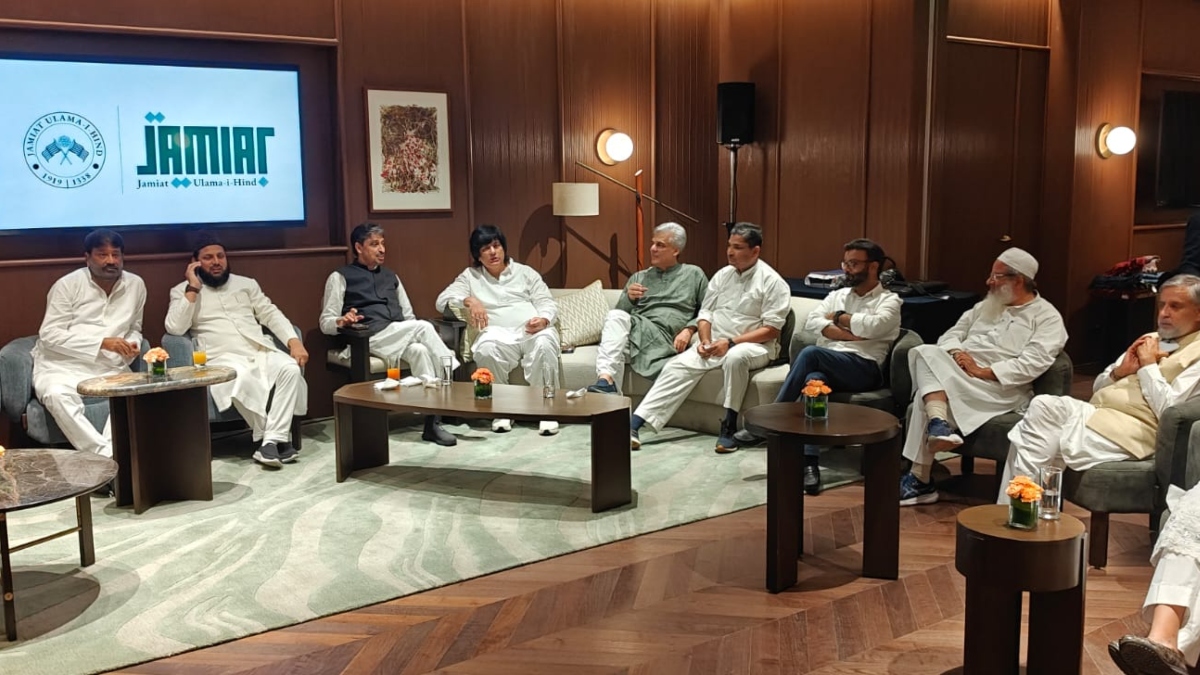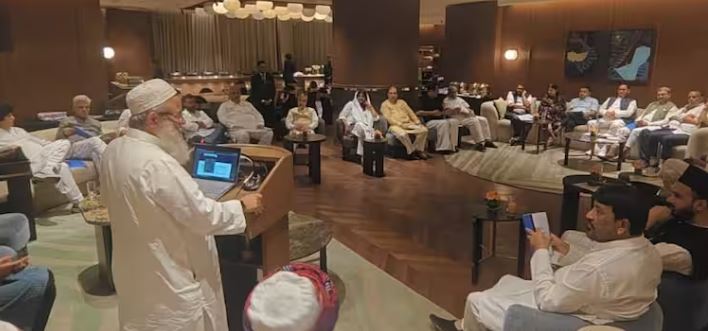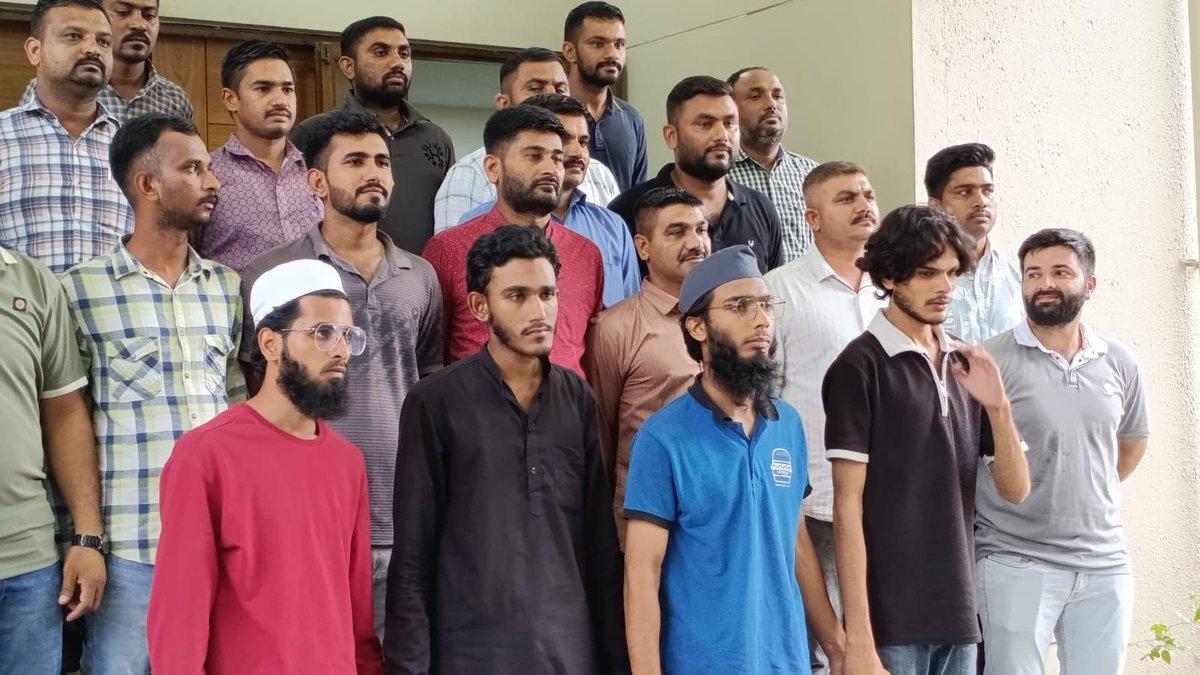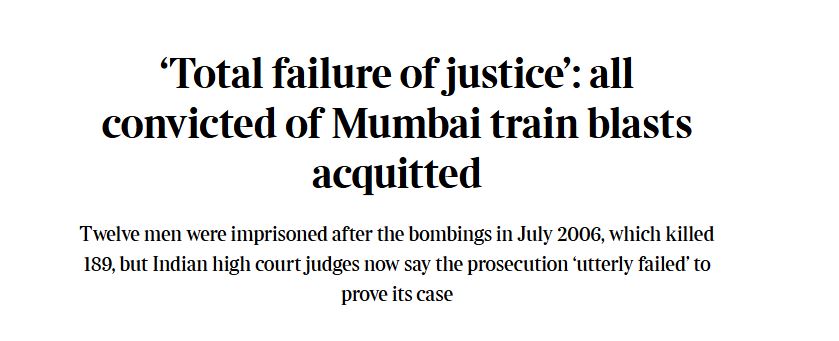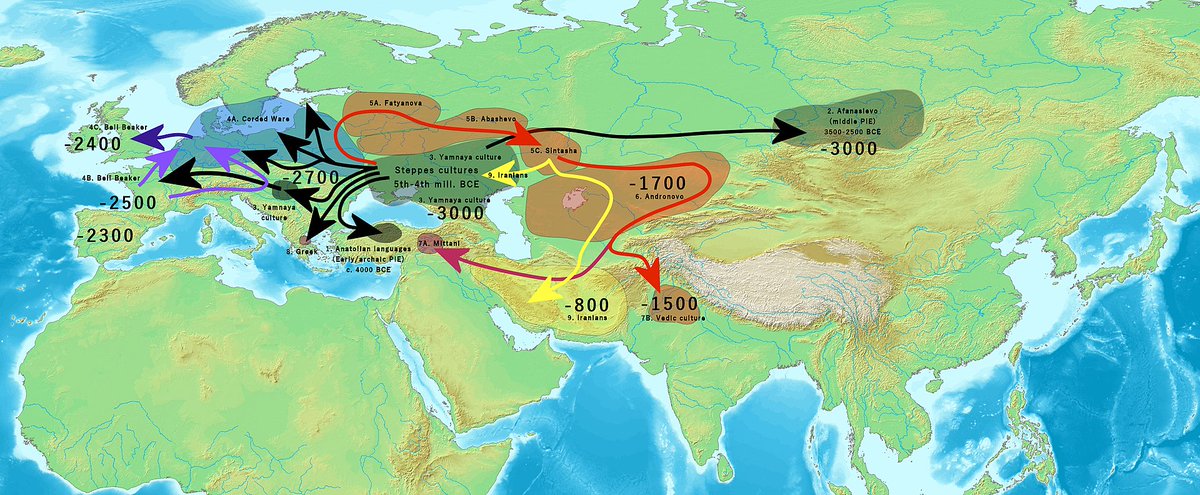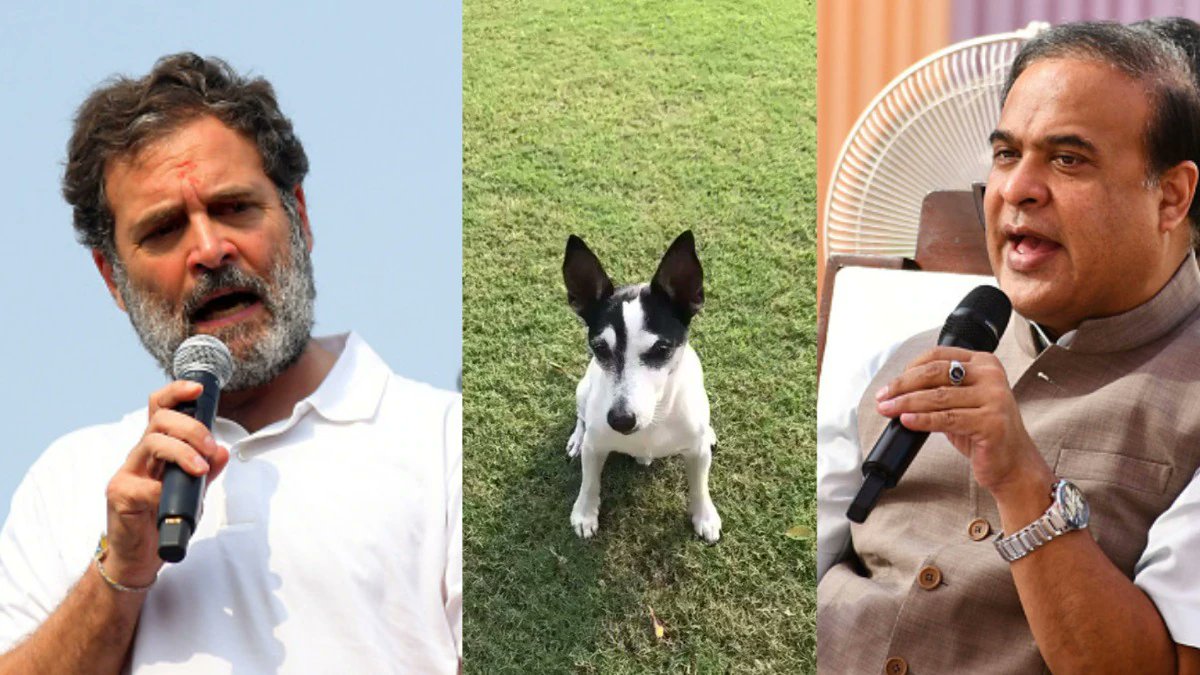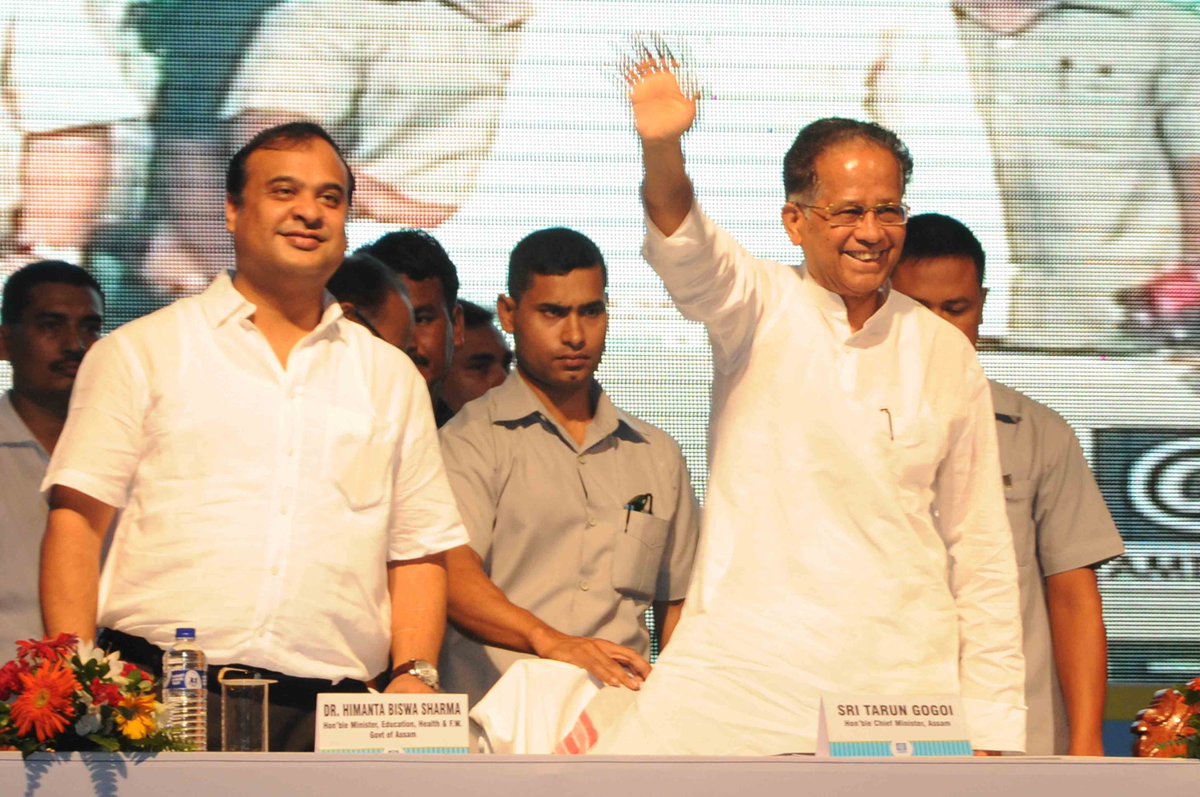The Change Maker (Thread)
Since 2014, PM Modi's Independence Day speeches have been more than ceremonial, they've been transformative declarations.
Each year, he has unveiled initiatives that have redefined India's socio-economic and political landscape.
This thread delves into these landmark announcements and their enduring impact.
1/17
Since 2014, PM Modi's Independence Day speeches have been more than ceremonial, they've been transformative declarations.
Each year, he has unveiled initiatives that have redefined India's socio-economic and political landscape.
This thread delves into these landmark announcements and their enduring impact.
1/17
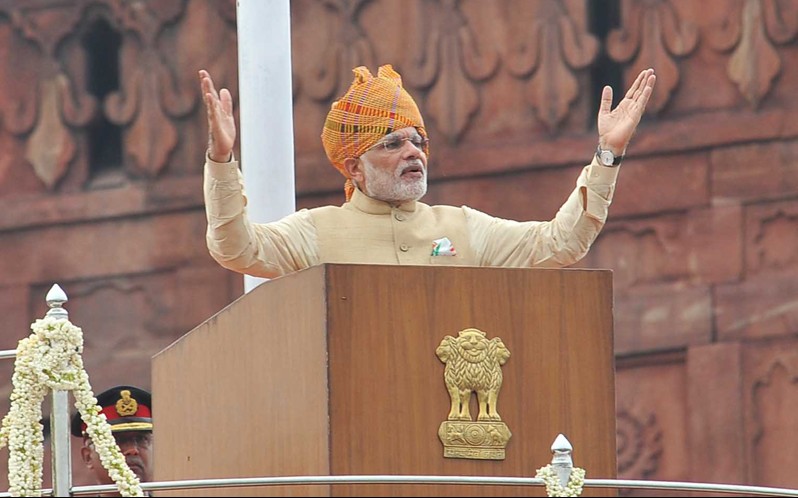
2014
Modi introduced the Pradhan Mantri Jan Dhan Yojana, aiming to provide universal access to banking facilities. Within months, over 17 crore bank accounts were opened, significantly advancing financial inclusion and integrating the unbanked into the formal economy.
Modi introduced the Pradhan Mantri Jan Dhan Yojana, aiming to provide universal access to banking facilities. Within months, over 17 crore bank accounts were opened, significantly advancing financial inclusion and integrating the unbanked into the formal economy.
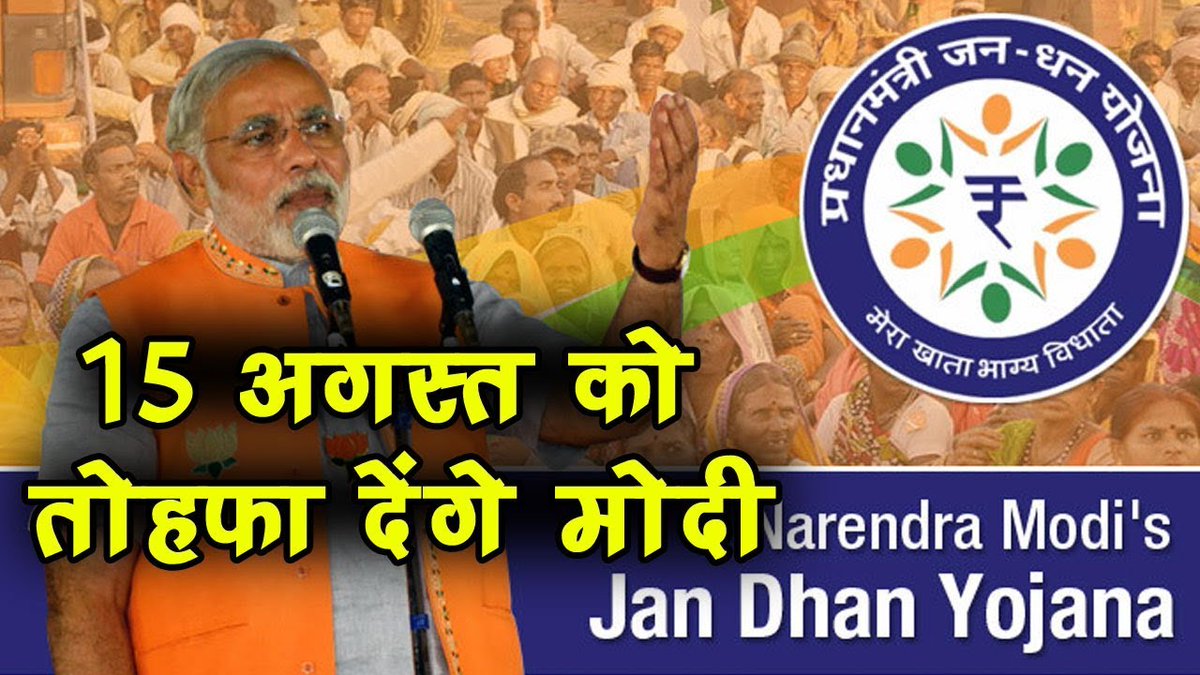
The same year, he launched the Swachh Bharat Abhiyan, emphasizing cleanliness and sanitation. This initiative led to the construction of millions of toilets, drastically improving public health and hygiene across rural and urban India. 
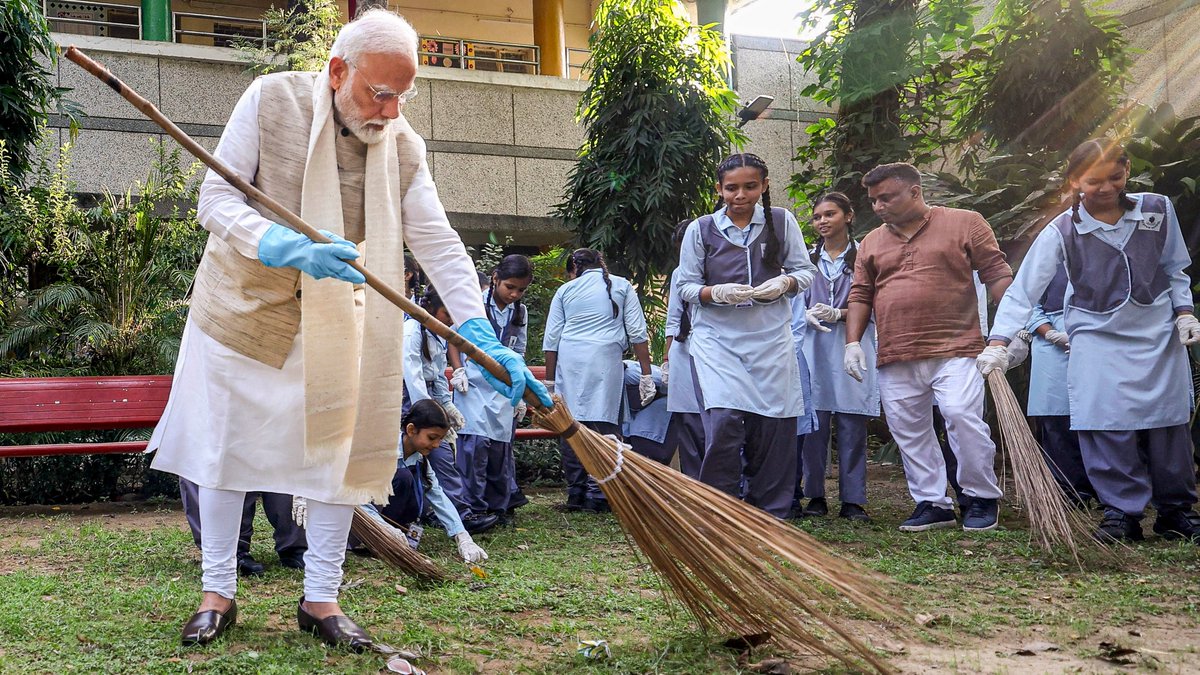
2015
Modi announced the Startup India campaign, fostering a culture of entrepreneurship. This move provided tax benefits, easier compliance norms, and funding support, propelling India to become one of the world's largest startup ecosystems.
Modi announced the Startup India campaign, fostering a culture of entrepreneurship. This move provided tax benefits, easier compliance norms, and funding support, propelling India to become one of the world's largest startup ecosystems.
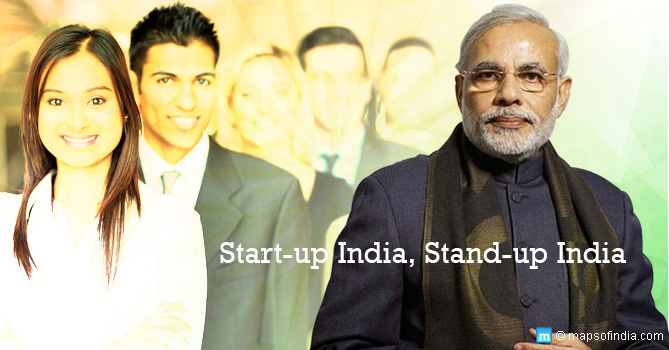
The same year, he introduced the Stand Up India Scheme, targeting women and Scheduled Castes/Scheduled Tribes. This initiative facilitated access to bank loans for setting up greenfield enterprises, empowering marginalized communities and promoting inclusive growth. 
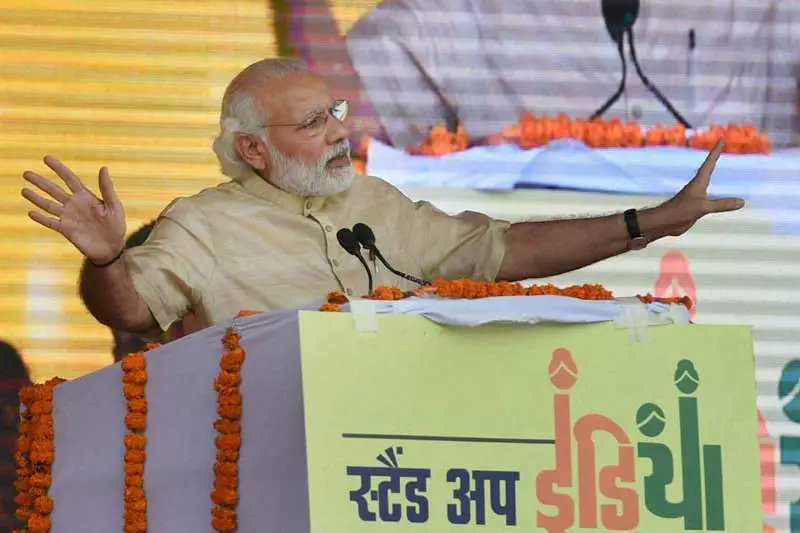
2016
Modi unveiled the Pradhan Mantri Ujjwala Yojana, aiming to provide LPG connections to women from Below Poverty Line households. By 2024, over 9 crore households had received clean cooking fuel, reducing health hazards and promoting gender equality.
Modi unveiled the Pradhan Mantri Ujjwala Yojana, aiming to provide LPG connections to women from Below Poverty Line households. By 2024, over 9 crore households had received clean cooking fuel, reducing health hazards and promoting gender equality.
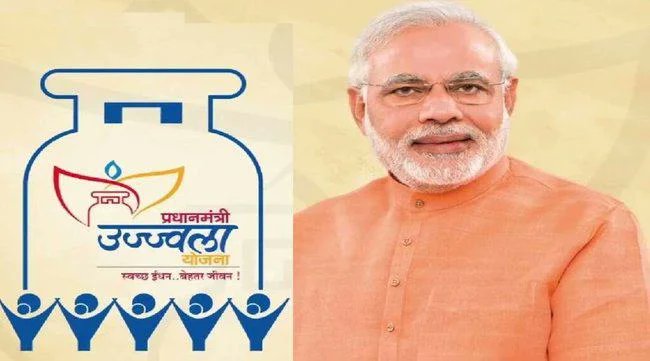
The same year, he launched the Digital India campaign, aiming to enhance online infrastructure and increase internet connectivity. This initiative has been instrumental in digitizing government services, promoting e-governance, and bridging the digital divide. 
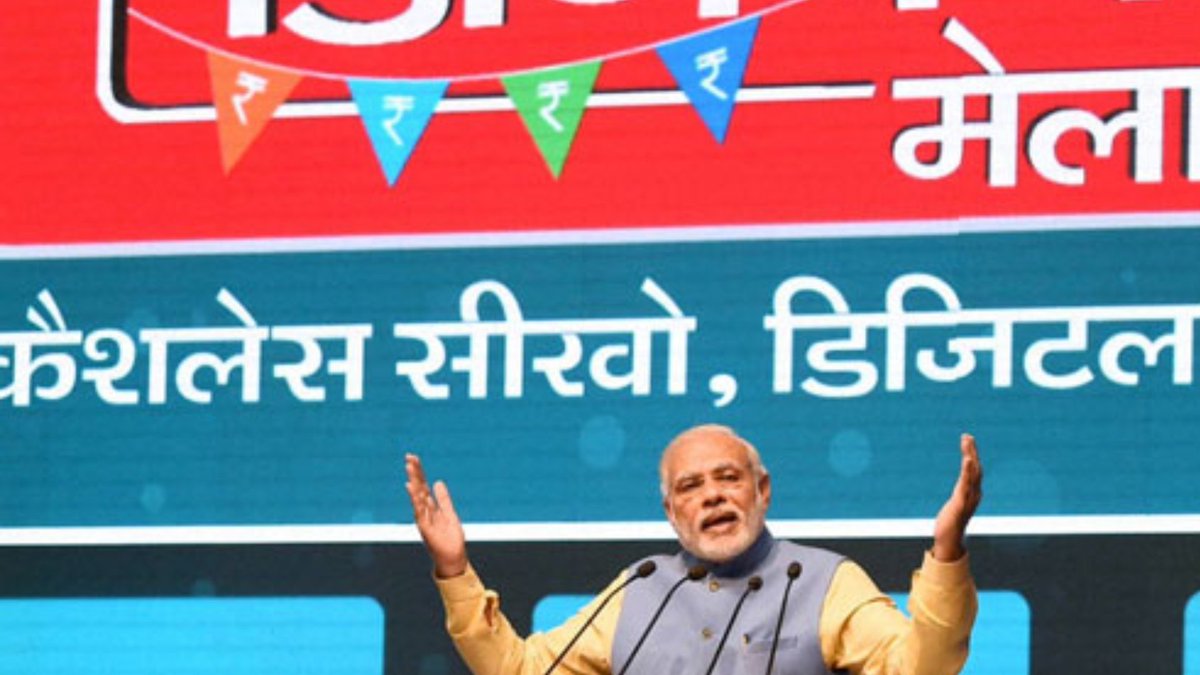
2017
Modi announced the Goods and Services Tax (GST), a unified indirect tax system. GST simplified the tax structure, reduced tax evasion, and created a single national market, boosting India's economic growth.
Modi announced the Goods and Services Tax (GST), a unified indirect tax system. GST simplified the tax structure, reduced tax evasion, and created a single national market, boosting India's economic growth.
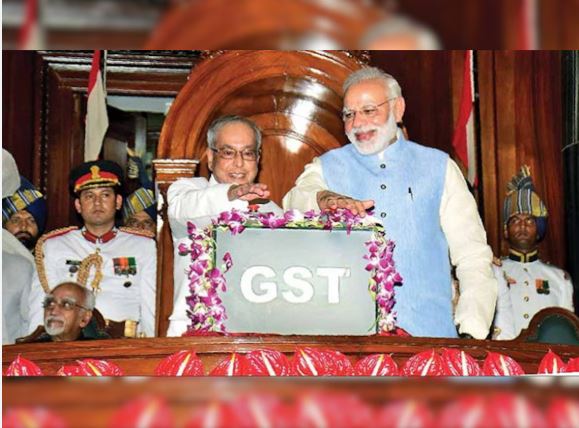
2018
Modi launched the Ayushman Bharat Pradhan Mantri Jan Arogya Yojana (PMJAY), the world's largest health insurance scheme. This initiative provides health coverage to over 10 crore families, ensuring access to quality healthcare services.
Modi launched the Ayushman Bharat Pradhan Mantri Jan Arogya Yojana (PMJAY), the world's largest health insurance scheme. This initiative provides health coverage to over 10 crore families, ensuring access to quality healthcare services.
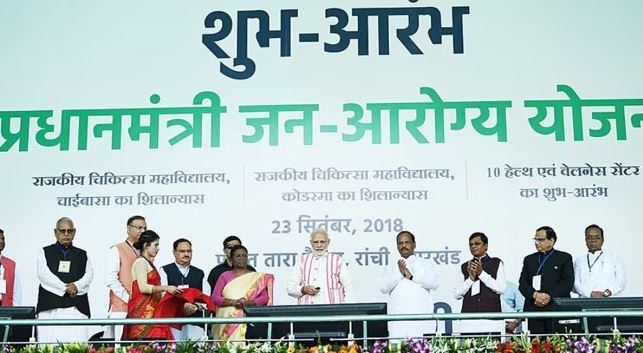
2019
Modi announced the revocation of Article 370, removing Jammu and Kashmir's special status. This controversial move aimed at integrating the region more closely with the rest of India, though it has had complex political and social ramifications.
Modi announced the revocation of Article 370, removing Jammu and Kashmir's special status. This controversial move aimed at integrating the region more closely with the rest of India, though it has had complex political and social ramifications.
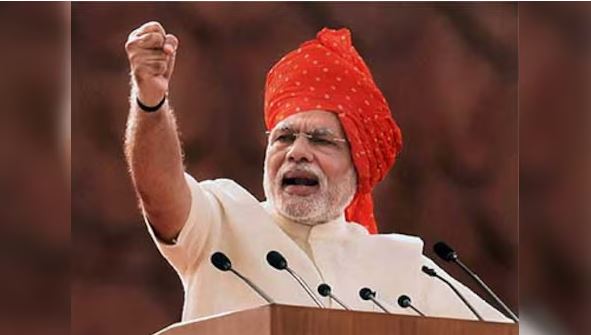
2020
During the COVID-19 pandemic, Modi introduced the Atmanirbhar Bharat Abhiyan, a self-reliant India movement. This initiative focused on boosting domestic manufacturing, reducing dependency on imports, and promoting local industries.
During the COVID-19 pandemic, Modi introduced the Atmanirbhar Bharat Abhiyan, a self-reliant India movement. This initiative focused on boosting domestic manufacturing, reducing dependency on imports, and promoting local industries.
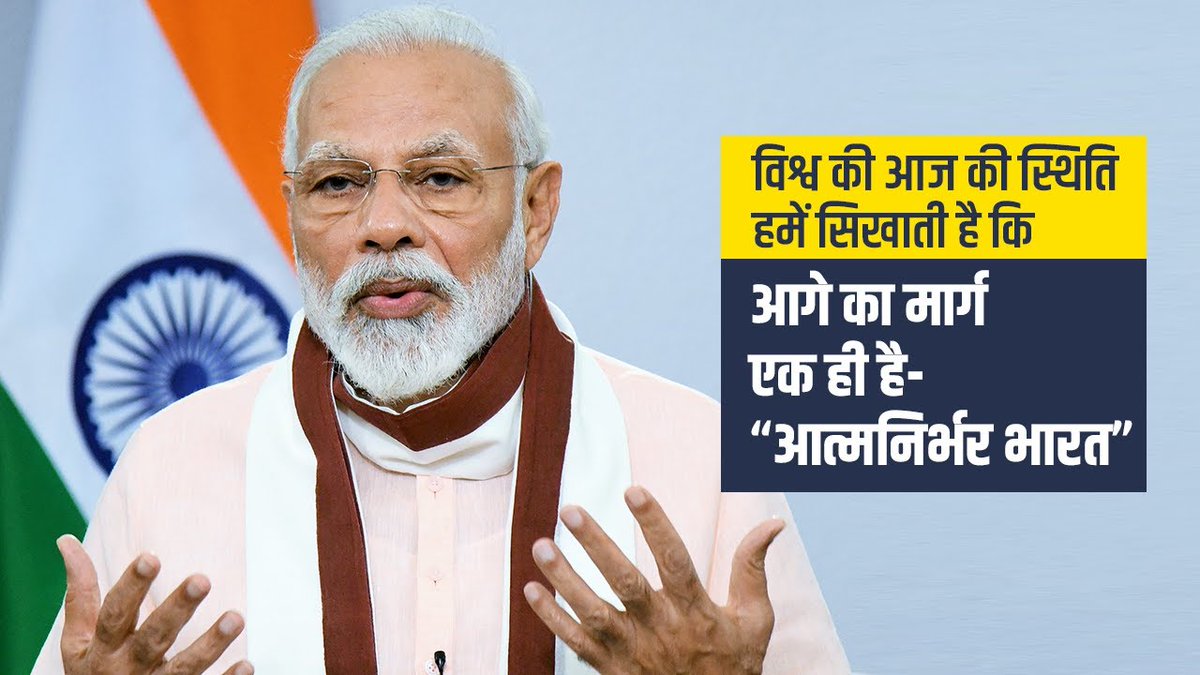
2021
Modi unveiled the PM Gati Shakti National Master Plan worth Rs 100 lakh crore to boost infrastructure connectivity, announced the National Hydrogen Mission for clean energy, declared Partition Horrors Remembrance Day, and set a goal for 75 Vande Bharat trains in 75 weeks.
Modi unveiled the PM Gati Shakti National Master Plan worth Rs 100 lakh crore to boost infrastructure connectivity, announced the National Hydrogen Mission for clean energy, declared Partition Horrors Remembrance Day, and set a goal for 75 Vande Bharat trains in 75 weeks.
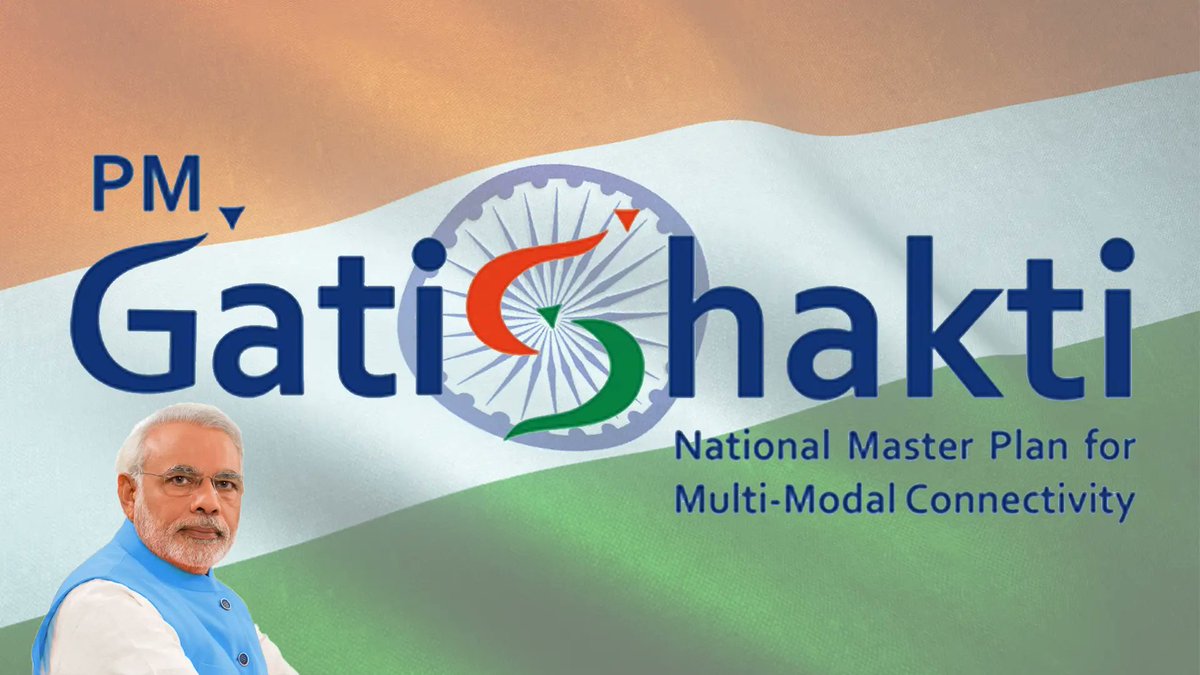
2022
As India celebrated 75 years of independence under Azadi Ka Amrit Mahotsav, Modi called for ‘Panch Pran’ (Five Pledges) to make India developed by 2047, including removing colonial mindset, unity, and citizen duty consciousness.
As India celebrated 75 years of independence under Azadi Ka Amrit Mahotsav, Modi called for ‘Panch Pran’ (Five Pledges) to make India developed by 2047, including removing colonial mindset, unity, and citizen duty consciousness.
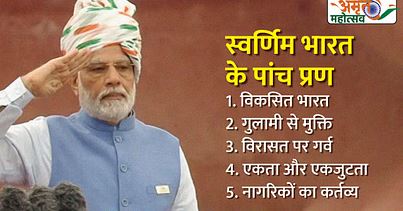
2023
Modi’s speech focused on India’s global rise, demographic dividend, women-led development, and technology leadership. He linked these themes to upcoming milestones in India’s centenary journey to independence in 2047.
Modi’s speech focused on India’s global rise, demographic dividend, women-led development, and technology leadership. He linked these themes to upcoming milestones in India’s centenary journey to independence in 2047.
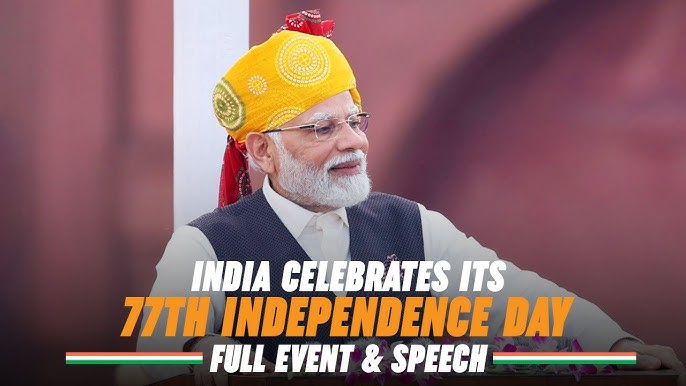
2024
Modi announced the National Education Policy (NEP) 2024, aiming to overhaul the education system. The policy emphasizes critical thinking, multilingualism, and the integration of technology, preparing students for the challenges of the 21st century.
Modi announced the National Education Policy (NEP) 2024, aiming to overhaul the education system. The policy emphasizes critical thinking, multilingualism, and the integration of technology, preparing students for the challenges of the 21st century.
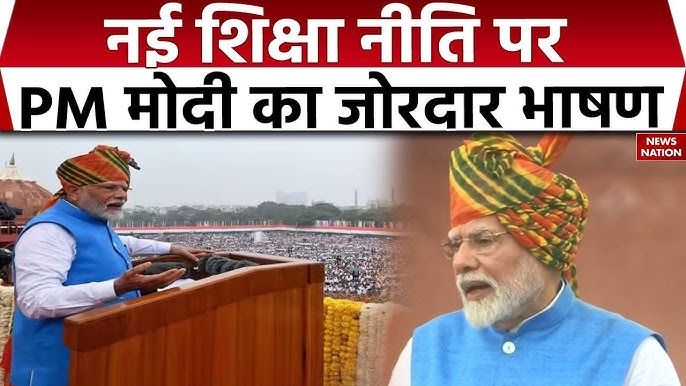
From financial inclusion to healthcare, education, and national integration, PM Modi's Independence Day speeches have consistently set the stage for transformative policies. Each announcement has been a stepping stone towards realizing a New India, self-reliant, inclusive, and globally competitive.
17/17
17/17
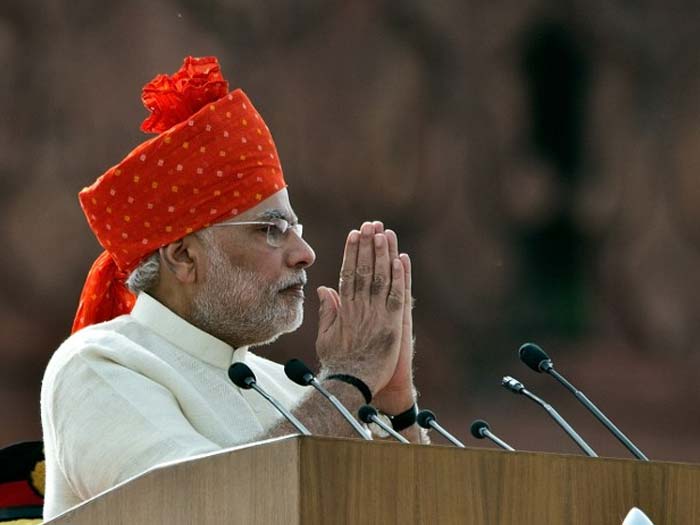
• • •
Missing some Tweet in this thread? You can try to
force a refresh

